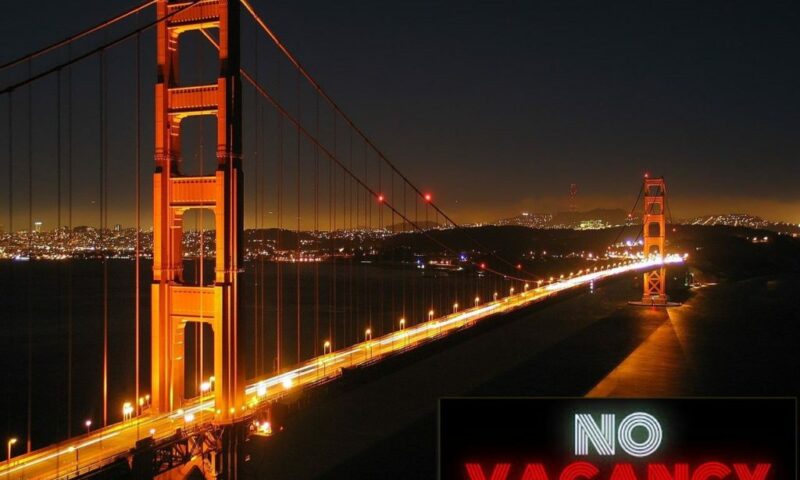

For some people, renting a house or apartment in San Francisco is easy. If your gross pay adds up to $200,000 a year, for example, you might feel fine about sinking a third of this year’s salary into a bright, one-bedroom South Beach loft, or a two-bedroom loft with a view in the Castro District . On less money – say, around $100,000 in take-home pay – you could reasonably afford a Union Square studio, or a 550-square-foot studio for $2,800 in Pacific Heights. Even if you invest no more than a third of your income in rent (the traditionally recommended ceiling), you could live in a one-bedroom apartment in Ingleside, near the San Francisco State University campus. You would have options.
But say you actually work on campus — as a teacher, librarian or groundskeeper. Say you want to go to school there, and not have to commute more than a dozen miles in the morning.
» Read more about: San Francisco Professors and Students Face Staggering Rents »
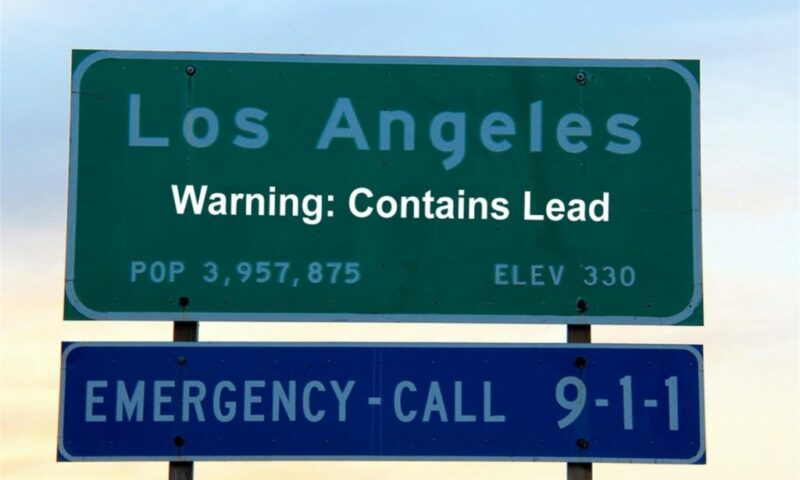

A nationwide group of self-described small and independent business owners has joined the legal battle to appeal California’s landmark lead paint court ruling. But questions have arisen about the actions of the National Federation of Independent Business (NFIB), which, through its Small Business Legal Center, is part of an amici curiae (“friends of the court”) brief filed on behalf of the defendants in California’s 6th Appellate District Court of Appeal in San Jose.
Why is NFIB, which reports that most of its member businesses employ only three to five workers, going to bat for the case’s three multinational corporate defendants?
About 1.5 million homes in L.A. County built before 1978 probably contain lead-based paint.
In December 2013, Santa Clara County Superior Court Judge James Kleinberg ordered ConAgra, Sherwin-Williams and National Lead (NL Industries) to pay $1.15 billion to three California cities and seven counties,
» Read more about: ‘Mom and Pop’ Business Group Fights Lead Paint Ruling »


I’ve always thought that if the various Protestant denominations can be said to represent a socio-economic sector of American culture, then the people who made up the United Methodist Church (UMC) were the middle of the middle. I mean that across the country and particularly in this region, which includes Southern California, Methodists never wanted to be bothered about too much social or economic justice, and when they were it was a sign that even the center of the country was getting on board.
Arguments against divestment from fossil fuels parallel those against divestment from South Africa.
I can vividly remember when, in the early 1970s, the UMC in my region finally climbed on board the national grape boycott to support farm workers, just as I can recall when the Conference (as the regional body is called) decided to push for divestment in South Africa.
» Read more about: Climate Change and Oil Portfolios: Divesting in the Future »


Last week, in a powerful affirmation of the common good, commissioners in Tennessee’s Johnson County unanimously opposed the privatization of the state prison within their county’s limits. A response to fears that the state government could soon outsource management of the Northeast State Correctional Complex, the resolution reads like a checklist of what democracy and public control can provide a community.
The “no” vote was prompted by the state government’s recent exploration of outsourcing the management of state properties, including prisons, hospitals, parks and even the University of Tennessee. State officials have also been trying to manage a shortage of prison officers after introducing a controversial overtime policy statewide to cut costs.
But the Johnson County commissioners recognize that outsourcing isn’t the answer: “Any type of privatization would be detrimental to our county, citizens and staff of Northeast Correctional Complex.” They also honored public service by dedicating a day each year in recognition of the prison’s current staff.
» Read more about: Counties Say No to Privatizing Their Prisons »


A number of residents of the picturesque, alpine community of Mount Shasta, California are fed up with their big, new, imminent water hog of a neighbor, the Crystal Geyser Water Company. As Capital & Main reported earlier this year, a group of them have been calling for months for an environmental impact report (EIR) to measure the potential harm that the opening of a new local bottling plant may have on the region’s watershed. With the state in the fourth year of a historic drought, they argued that allowing a multinational corporation to extract precious California groundwater to manufacture and sell tea, soda and bottled water around the world is the height of recklessness.
On Monday, under the name of their nonprofit group, We Advocate Through Environmental Review (WATER), residents filed a complaint in Napa County Superior Court, the district in which Crystal Geyser’s corporate headquarters is located,
» Read more about: Mount Shasta Water Lawsuit: Message to a Bottler »
 If L.A.’s landlords have their way, California’s ongoing drought woes could result in many renters having to foot the bill for their water usage. Owners are nudging city leaders to study a survey released in July by the landlord group Apartment Association of Greater Los Angeles (AAGLA).
If L.A.’s landlords have their way, California’s ongoing drought woes could result in many renters having to foot the bill for their water usage. Owners are nudging city leaders to study a survey released in July by the landlord group Apartment Association of Greater Los Angeles (AAGLA).
The report claims that more than 86 percent of rental property owners in the city who pay for their tenants’ water have experienced an increase or seen no change in water usage since Governor Jerry Brown ordered mandatory restrictions in April. Landlords assert that renters have no incentive to conserve water because they aren’t paying for it, resulting in higher water costs.
Some tenant groups are crying foul, however, claiming that this proposal is little more than an attempt by landlords to use the drought to circumvent rent control laws. Los Angeles forbids owners of buildings constructed before 1979 to pass on water costs to tenants.
» Read more about: L.A. Landlords Seek to Put Tenants on the Hook for Water Bills »


If you try to play Monopoly with a two year old, you will not win.
Sure, you may be better at buying up property, building hotels and following rules about when to pass Go – good on you. But when the two year old decides he’s playing a different game, like Throw the Entire Board at the Adult, that game and its goals will absolutely trump yours.
Disruption went from Silicon Valley buzzword to cliché years ago, but it persists as an operational goal for countless tech startups and their investors. (See Judith Shulevitz’s excellent 2013 exploration of the term.)
We still see such supercharged words as reinvent, reimagine and revolutionize as investors search for the next “unicorn” – the term for a startup valued at more than $1 billion.
» Read more about: Do Unicorns Play Monopoly? Ask Uber and Amazon »
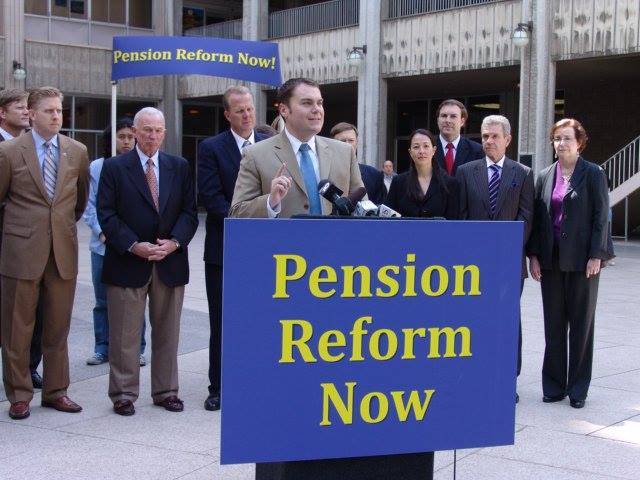
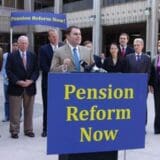
Backers of a proposed statewide ballot measure that would radically change the way wages and pensions of California’s government employees are formulated have begun an email campaign seeking pledges of support for the measure – as well as volunteers to circulate signature petitions when they become available in a few weeks.
The pension activists have 180 days from August 11, the date Attorney General Kamala D. Harris assigned a full title and ballot summary to the measure, in order to qualify it for the November, 2016 election.
Such email campaigns can help an initiative qualify for the state ballot if coupled with other efforts, Mike Madrid of Grassroots Lab, a Sacramento-based public affairs group, told Capital & Main by phone. “But if it is the only thing you are doing the chances for success are slim.”
In ballot-box politics, the bottom line is money.
» Read more about: Leaders of Pension-Cutting Ballot Proposal Look for Supporters Online »


As public officials across the country continue to manage shrinking budgets, experiments for funding public services are emerging. One new idea, the Social Impact Bond, has been advertised as a “win-win” for private investors and the public, but the reality is beginning to look a little different.
The results are in from the first SIB tried in the U.S. and it failed to meet its goals. The SIB was aimed at reducing the rate by which adolescents housed on Rikers Island returned to jail, with a goal of at least an 8.5 percent drop. Therapy was provided to inmates, but recidivism wasn’t significantly reduced.
SIBs are complex arrangements—private investors lend funding for a program and the government repays them only if certain goals are met. For the Rikers SIB, New York City was lent millions by Goldman Sachs, backed by Bloomberg Philanthropies.
Proponents of SIBs claim that,
» Read more about: Wrong Island: Why Are Privatizers Applauding Failed Prison Experiment? »
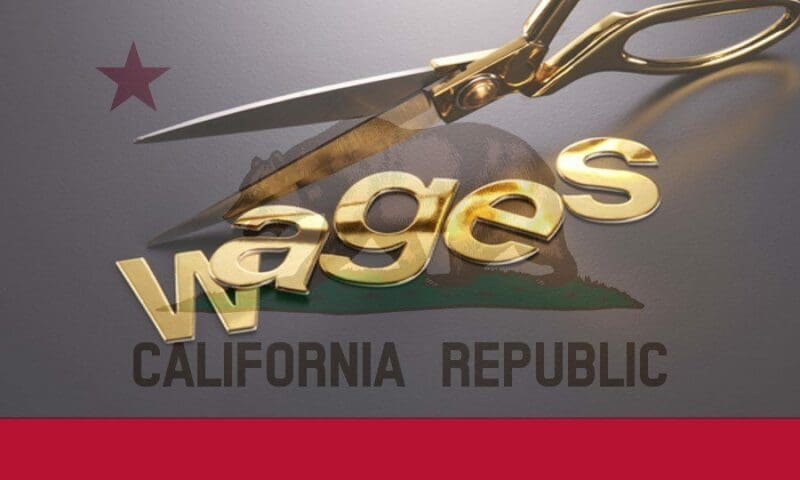
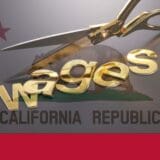
When the U.S. Census Bureau released figures identifying California as having the highest poverty rate in the nation, the news would not have shocked the 4.8 million low-wage earners at the bottom of California’s income divide. For those single workers and families that subsist paycheck to paycheck, and too often make up the difference by maxing out credit cards or taking out predatory short-term loans, life’s a precarious balancing act even when things go well.
But when unforeseen calamities strike, such as serious health emergencies or the loss of a job, hard-pressed households are left without a safety net. Unable to keep up payments, loans fall into default and too often result in crippling court-ordered garnishments that claim up to a quarter of earnings.
SB 501 quickly ran afoul of the powerful California Bankers Association and debt-buyer lobbyists.
“We see increasing numbers of these families in our legal aid services throughout the state,” the Western Center on Law and Poverty’s Jessica Bartholow told Capital &
» Read more about: Garnishing California's Future: New Bill Seeks to Curb Wage Seizures »